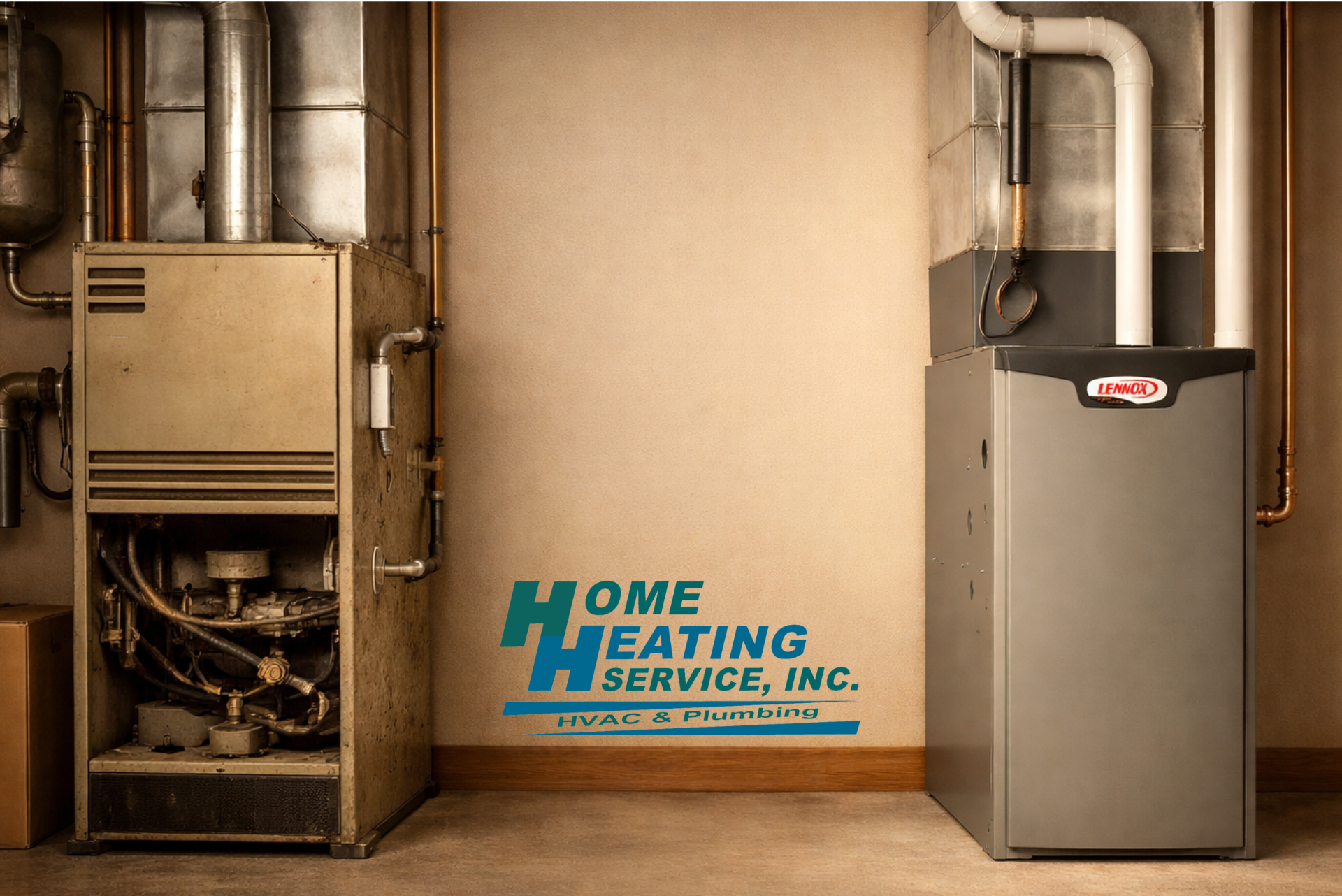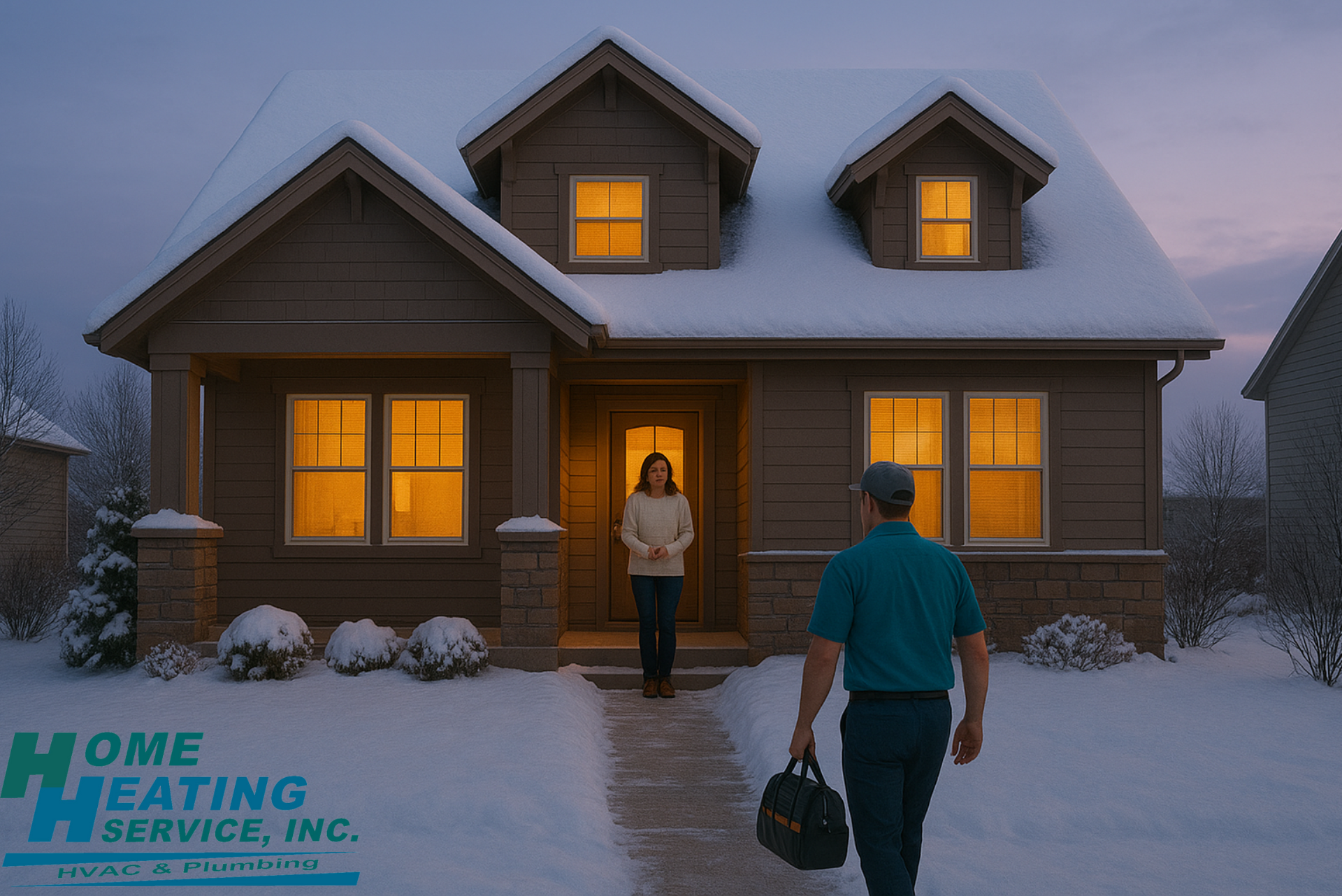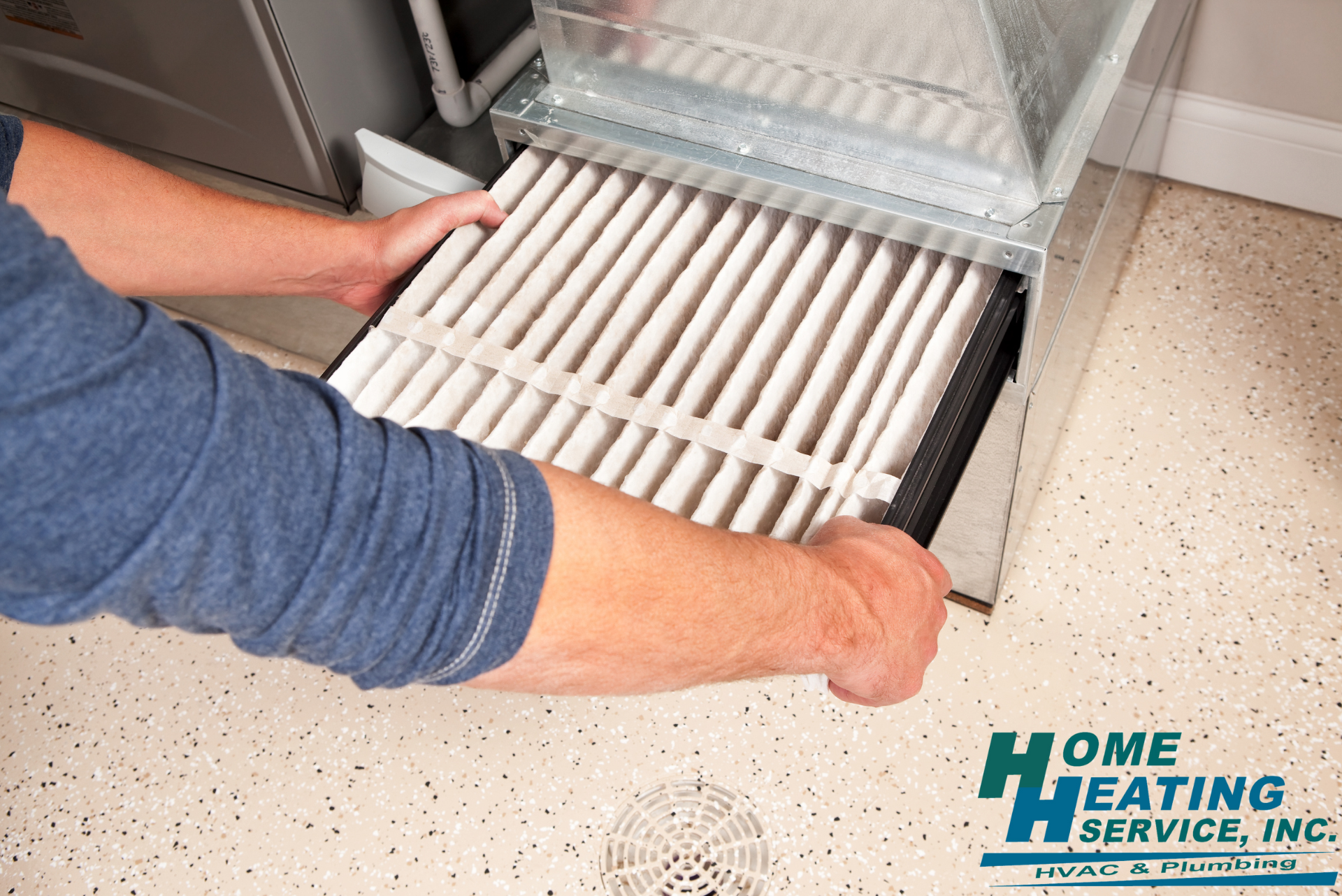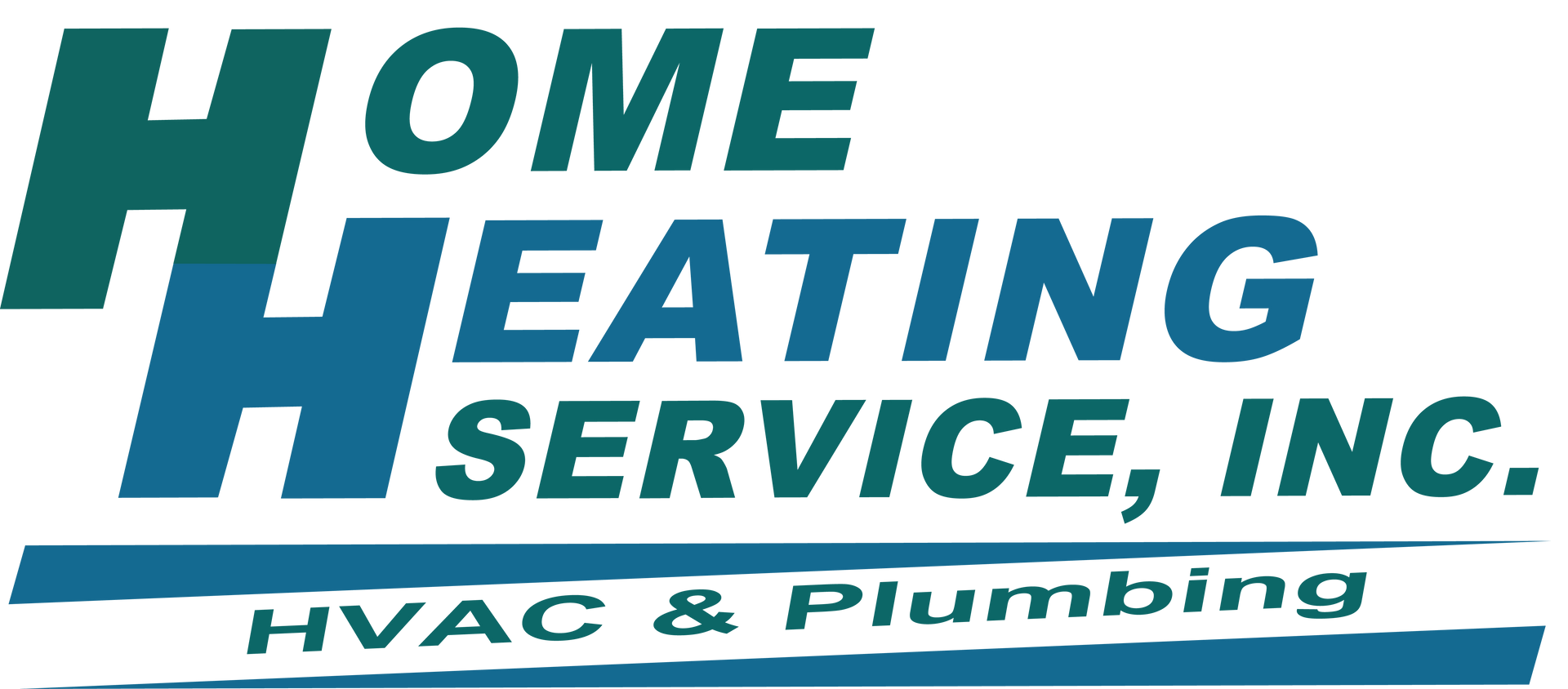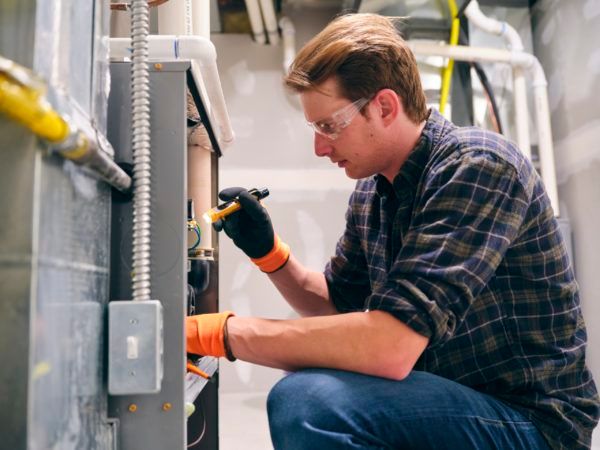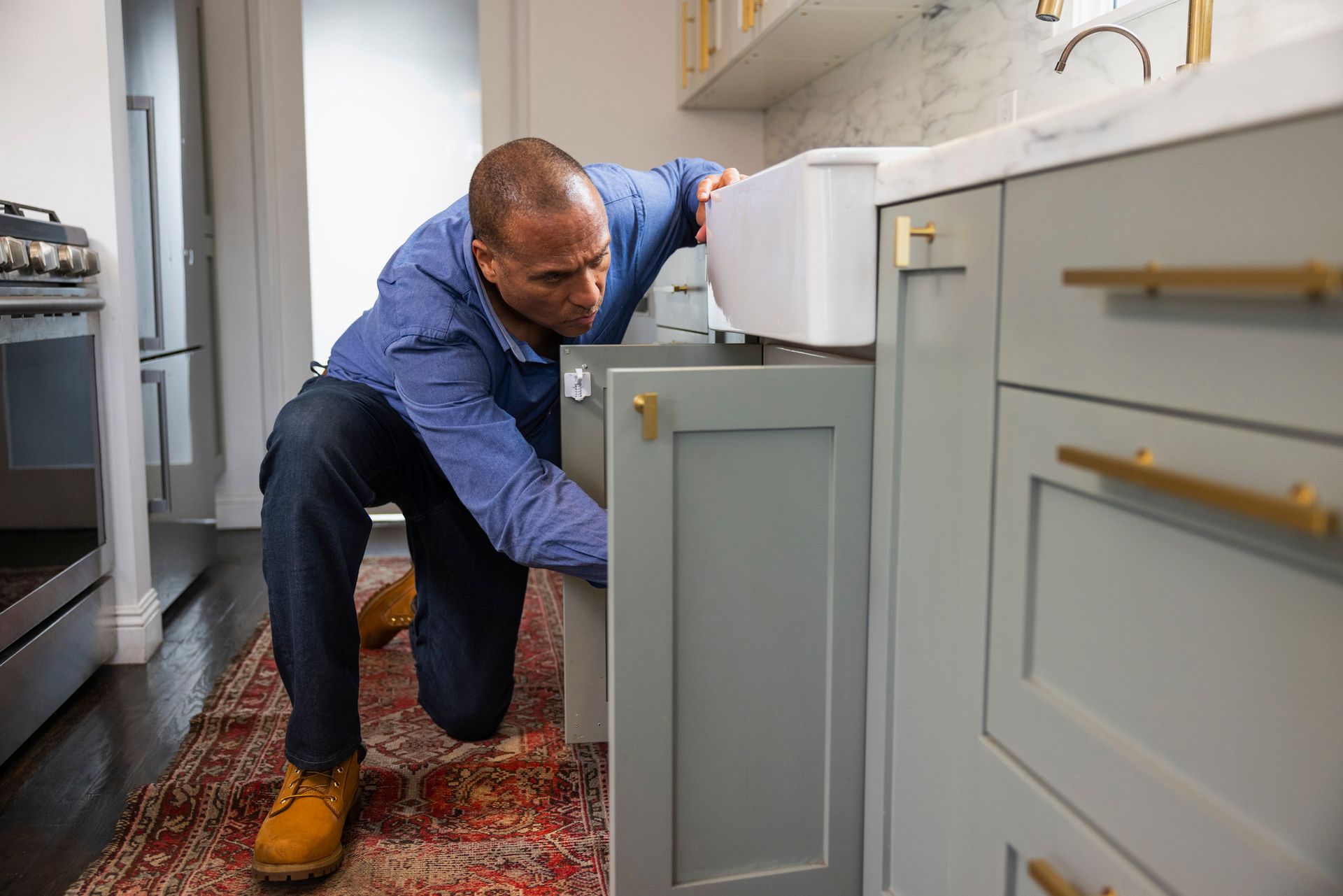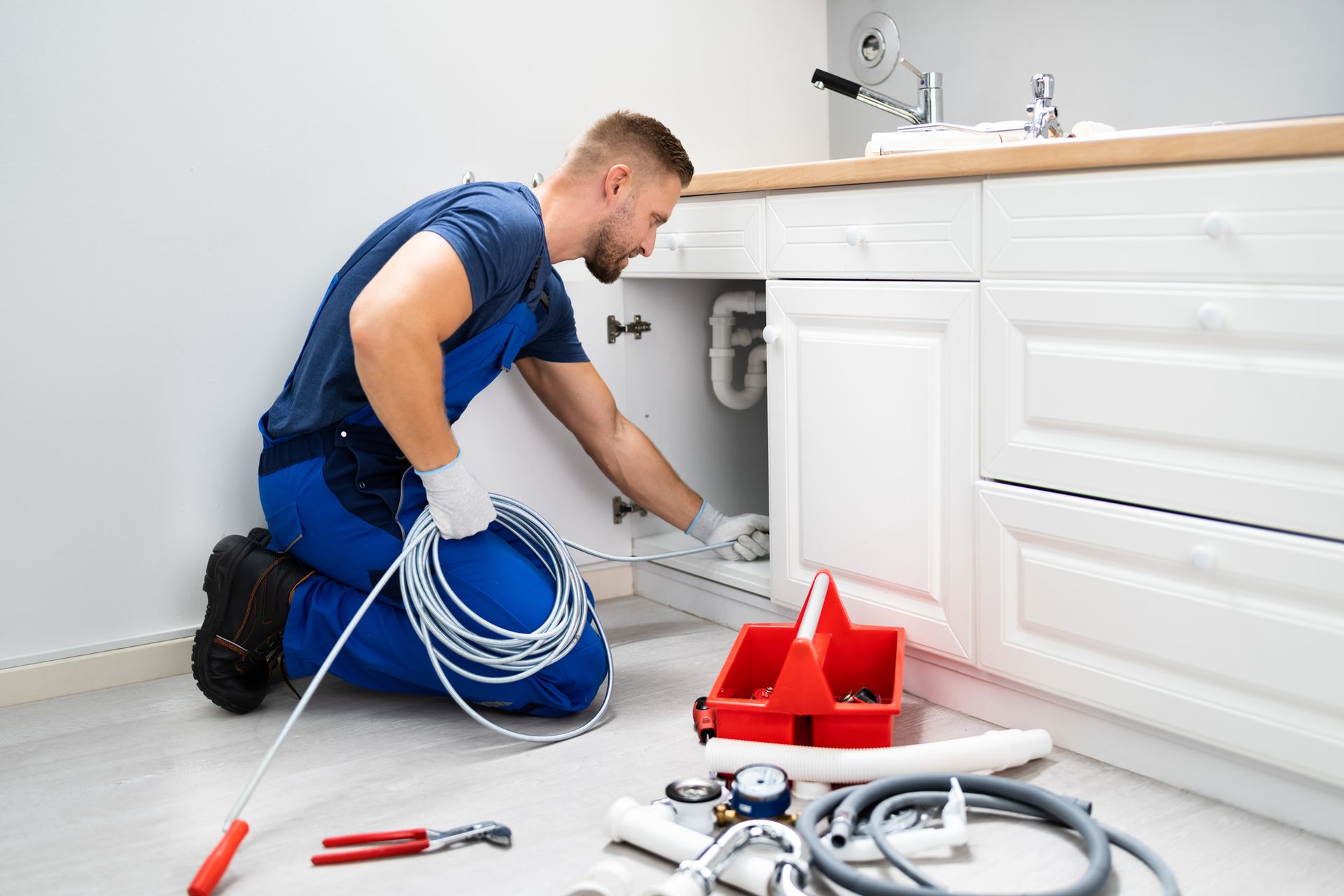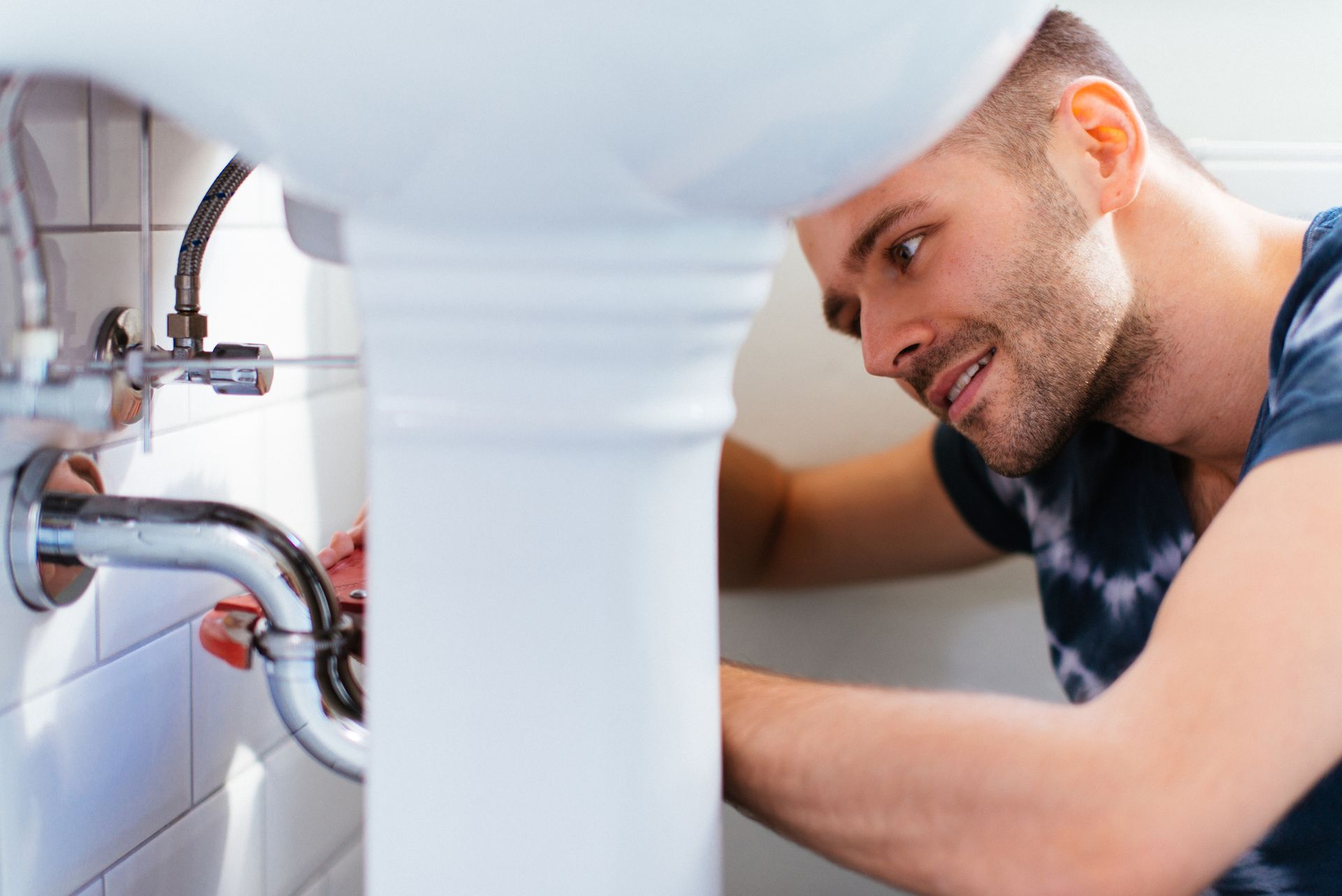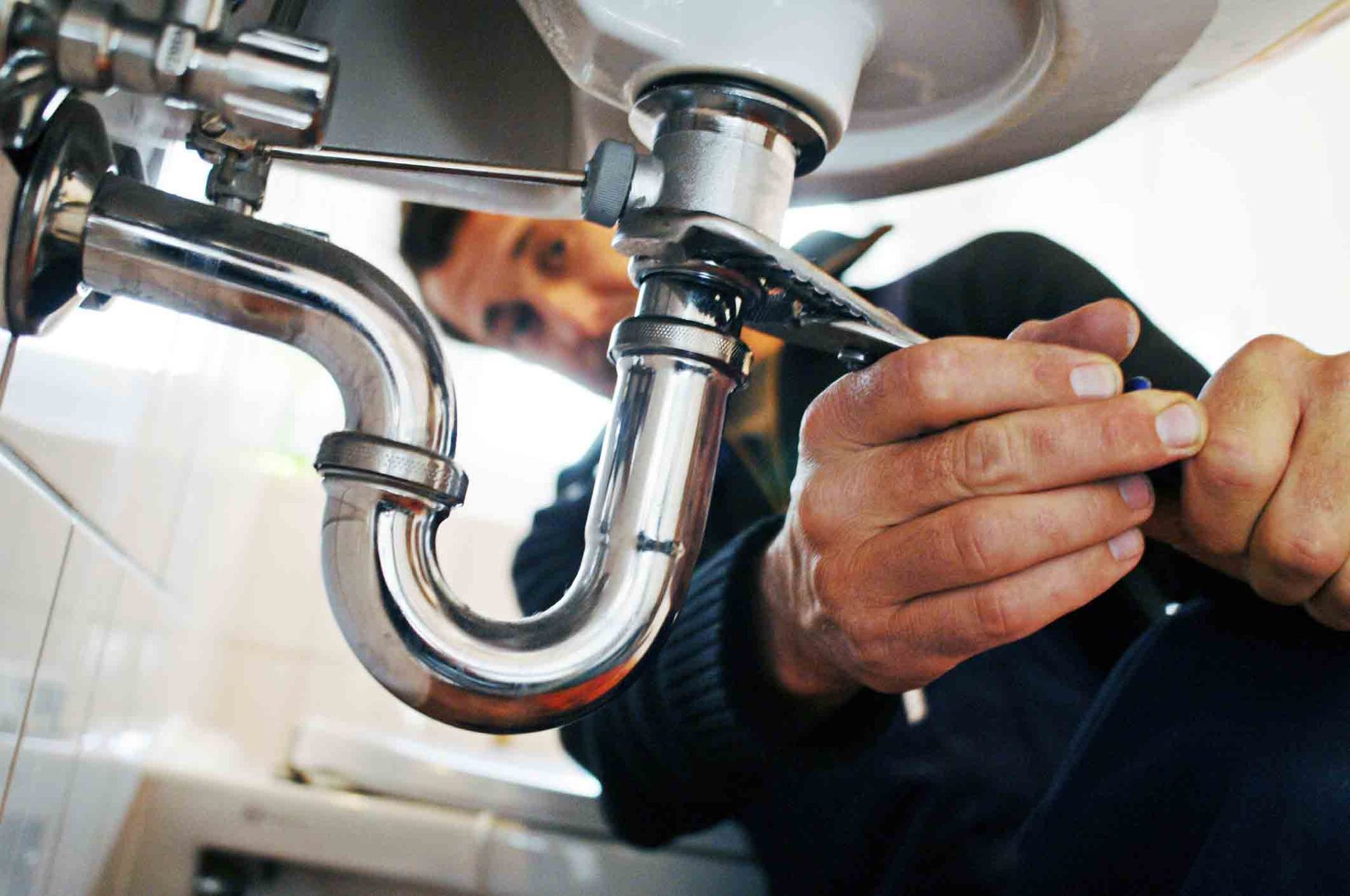WILL A GAS FURNACE RUN WITHOUT ELECTRICITY?
CAN YOUR GAS FURNACE RUN DURING A POWER OUTAGE?
Winters around Colorado Springs get quite chilly and can be unpredictable. Occasionally, that weather brings such extreme conditions that it knocks out power around the area.
Unfortunately, furnaces rely heavily on electricity, and if the power goes out, it could leave you in the cold. Discover how even gas furnaces use electricity, whether they can run without it, and what to do if your power goes out.
WHY ELECTRICITY IS CRITICAL TO YOUR GAS FURNACE
There are several reasons your furnace must have electricity to heat your home. First, without electricity, your furnace cannot power the control board, switches, or sensors. These components allow your furnace to run safely and move through the various parts of the heating cycle at the right time. Attempting to bypass these mechanisms to make your furnace light is dangerous, let alone ineffective.
It’s ineffective because your furnace also depends on the use of fans to move air through the system and your home. It starts with the inducer fan, which provides the right blend of air with fuel to burn in the first place.
Next, the circulating fan draws air in from your home for the furnace to heat and then pushes that heated air back out. It’s this last part that provides the heating effect you enjoy on those cold days. Without the circulating fan working, the burner could produce heat, but it would just build up in your system and exhaust out through your ventilation.
As you can see, despite your furnace burning gas, it still depends heavily on electricity. Let’s explore what to do with your furnace if the power goes out this winter.
WHAT TO DO WHEN THE POWER GOES OUT
The simple act of losing power doesn’t pose much of a risk to your furnace in itself. When the power goes out, the gas should shut off, and the furnace will shut down. The only potentially negative part is not moving enough air through the system to help cool it down once the burner goes out. However, it won’t continue heating up any further than where it is at the point the power goes out, reducing any risk of overheating the system and requiring a repair.
The real risks come in when the power is coming back online, causing surges that can damage any appliance in your home. For your furnace, this could mean damage to the control board, wiring, blower motor, and more.
To reduce this risk, plan to disconnect the power to your furnace if the power goes out. If you have access to the power outlet where the furnace is plugged in, simply unplug it. If you can’t easily access this outlet, then turn the furnace off at the circuit breaker in your home.
HOW TO KEEP WARM WHEN YOUR FURNACE ISN’T RUNNING
While you’re waiting for the power company to restore your electricity, there are a few things you can do to stay warm. First, identify a place in your home you can insulate to reduce air leakage. Close doors to this space, and hang blankets leading to hallways or entryways without doors. Keep blinds and curtains closed to help prevent heat transfer outside. If possible, pick a room that has a fireplace to help generate some heat.
In addition to disconnecting the power, plan to turn the furnace off at your thermostat. This prevents a significant draw as you try to plug the furnace back in or turn on the circuit breaker.
BRINGING YOUR FURNACE BACK ONLINE
Plan to keep one lamp plugged in where you’ll easily see it, and set that lamp to “on.” The idea is that it will turn on when the power has been restored to your home. Wait until the power has been restored and isn’t flickering any longer before plugging in your major appliances. Once the power seems stable, plug the furnace back in or turn the breaker back on. After this, go to the thermostat and reset it so that the furnace starts running.
WHEN YOUR FURNACE WON’T START UP AFTER A POWER OUTAGE
If your furnace won’t start up after a power outage, begin by making sure the breaker isn’t tripped and that you didn’t forget to plug it back in. Next, double-check your thermostat to make sure that it’s turned on and that the batteries are good. If this doesn’t work, then call for a technician to troubleshoot the issue. It could be that a part inside the furnace got damaged when the power came back.
Homeowners around Colorado Springs have trusted Home Heating Service, Inc. to keep their homes warm through the Colorado winters since 1988. Our team provides expert air conditioning and heating installation, maintenance, and repair along with indoor air quality and water heating and filtering solutions. Call to schedule your furnace repair with one of our NATE-certified technicians today.
